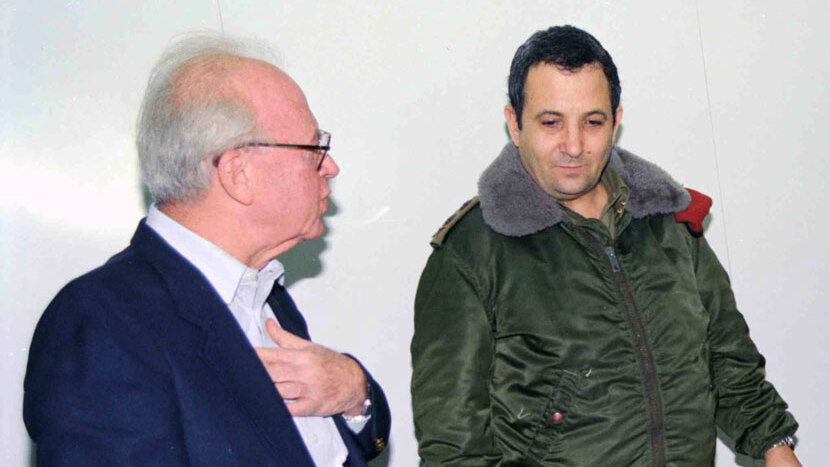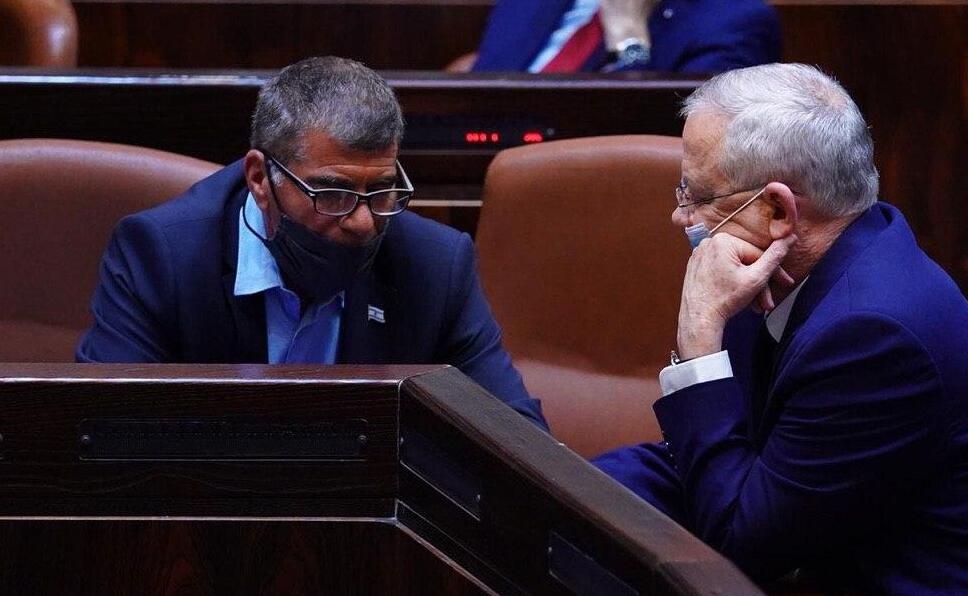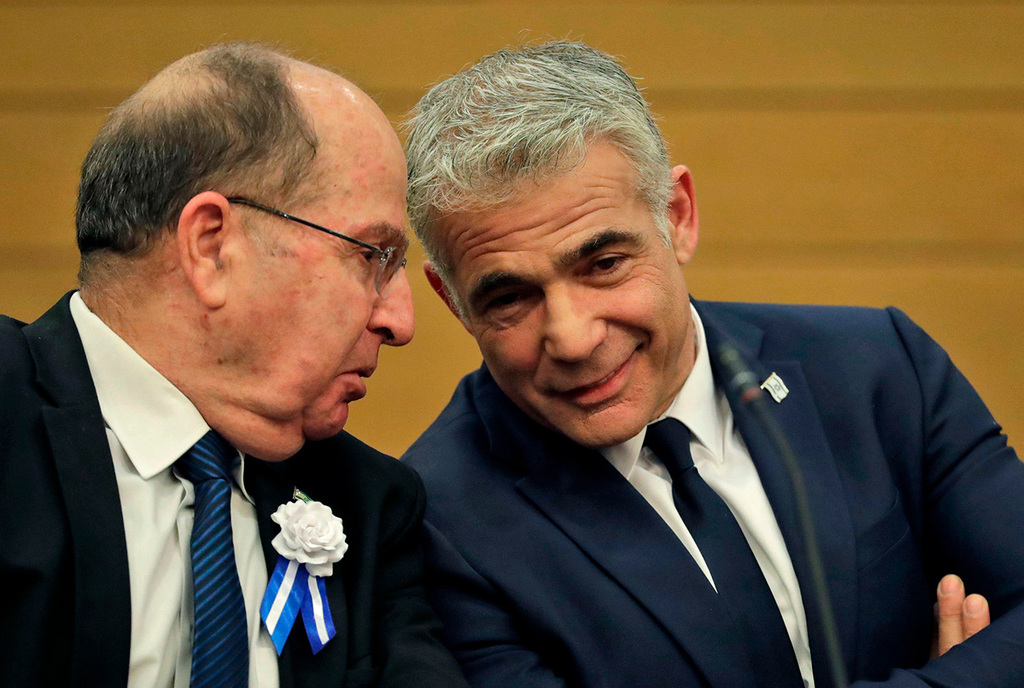As Israel appears to be heading for its fourth elections in less than two years, former IDF chief of staff Gadi Eisenkot is currently gaining popularity as the next general to trade his uniform for a suit and take the plunge into the difficult, unforgiving and demanding political fray.
“Gadi Eisenkot was a good chief of staff and has more political qualities than some other former chiefs of staff. It is a good sign that he is modestly finding his way into politics without presenting himself as a savior,” says Prof. Dan Schueftan, head of the international graduate program in National Security Studies at Haifa University.
Schueftan notes that one of the founders of modern sociology, Max Weber, wrote that politics is a profession, and though generals do practice some politics in the military “they have very little real political or governing experience.”
“There is a matter of sounding good [via sound bites and electioneering] versus doing good, which can be painful for the electorate but is actual politics,” says Schueftan. “Getting elected is easy, governing is not.”
There are too many former IDF chiefs of staff currently in or going into politics, says Alon Pinkas, a former diplomat who served as an advisor to erstwhile prime minister Ehud Barak, calling it an “underlying inflation for former IDF chiefs of staff.”
“Often they don’t belong in politics. It is easy getting votes, but putting together a government and governing is something completely different,” says Pinkas.
5 View gallery


Gadi Eisenkot, right, replaced Benny Gantz as IDF chief of staff
(Photo: Defense Ministry)
“Transferable values is a key notion,” he says. “Taking the traits and qualities of the military such as the hierarchical chain of command is not transferable to political life, in most cases. Understanding the nuts and bolts of politics, the give and take, the compromises is not always the case with career military personnel.”
Yet, the former IDF chief of staff from 2015 into 2019 is being pursued by a range of parties and politicians to join their slate.
From the liberal right, Eisenkot is being courted by fellow former chief of staff Moshe Ya’alon.
Ya'alon is likely to split from his current political partner and head of the center-left Yesh Atid, Opposition Leader Yair Lapid, if he can convince Eisenkot to join him at Telem. Yesh Atid is another potential home for Eisenkot, or the general could try to re-energize the moribund left-wing Labor party.
Schueftan says Eisenkot is so sought after due to the need for capable political leaders.
“There is a deep leadership supply in the army and there is enormous demand in the political sphere," he says.
"I would say that Eisenkot, and others coming from the top echelons of the IDF, look around at the Knesset and see it is comprised of ‘shmegegges.’ [the Yiddish word for someone full of hot air or not worth much.] We are worth more.”
According to Pinkas, the former army chief must be able to display qualities that make him an attractive alternative to Prime Minister Benjamin Netanyahu.
“If Eisenkot is going to take the anti-Bibi votes, he will need to show what he stands for and answer the question: ‘Who are you?’ Not just be an anti-Bibi politician,” says Pinkas.
Eisenkot did not respond to an interview request and questions from The Media Line.
Local Israeli media has reported that Eisenkot has denied to close associates that he has already decided to run in the next elections, which now seem likely to take place in March 2021.
5 View gallery


Yitzhak Rabin, right, and Ehud Barak both went from IDF chief to prime minister
(Photo: Defense Ministry)
The list of retired Israeli generals and military personnel who have become politicians is long. Former prime ministers Yitzhak Rabin, Ariel Sharon and Ehud Barak rose to the top job, while Rafael Eitan and Ya’alon served as defense ministers.
In the '60s, '70s and into the '80s, the step from leading the IDF to joining a political party was a natural one.
“IDF generals in that period were war heroes and the public looked up to them for their exploits. They were the country’s heroes and winners in Israel’s formidable wars,” says Prof. Ofer Kenig, a research fellow at the Israeli Democracy Institute.
Today, Kenig says, “the generals’ market value or share price is not as high as it used to be. Their public image is lower.”
Echoing this, Uri Ben Eliezer, professor emeritus of sociology at Haifa University, says: “Turning their swords into scepters is no longer such a part of Israeli society. There is less trust of generals than in the past.”
5 View gallery


Foreign Minister Gabi Ashkenazi and Defense Minister Benny Gantz also made the leap from kitbag to Knesset
(Photo: Knesset Channel)
Ironically, if Eisenkot does join politics and is elected, he could be among four former IDF chiefs of staff serving in the Knesset at the same time, alongside Ya’alon, current Foreign Minister Gadi Ashkenazi and current Defense Minister Benny Gantz. In contrast, from 2016-2019 there were no former army chiefs serving in Knesset.
Indeed, if Eisenkot were to be elected to parliament, he would be the 14th former IDF chief of staff to sit in its plenum.
For now, though, everyone is waiting for his announcement.



